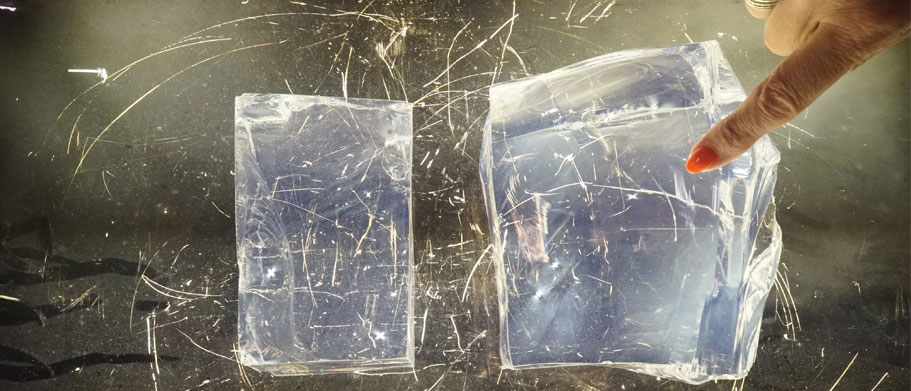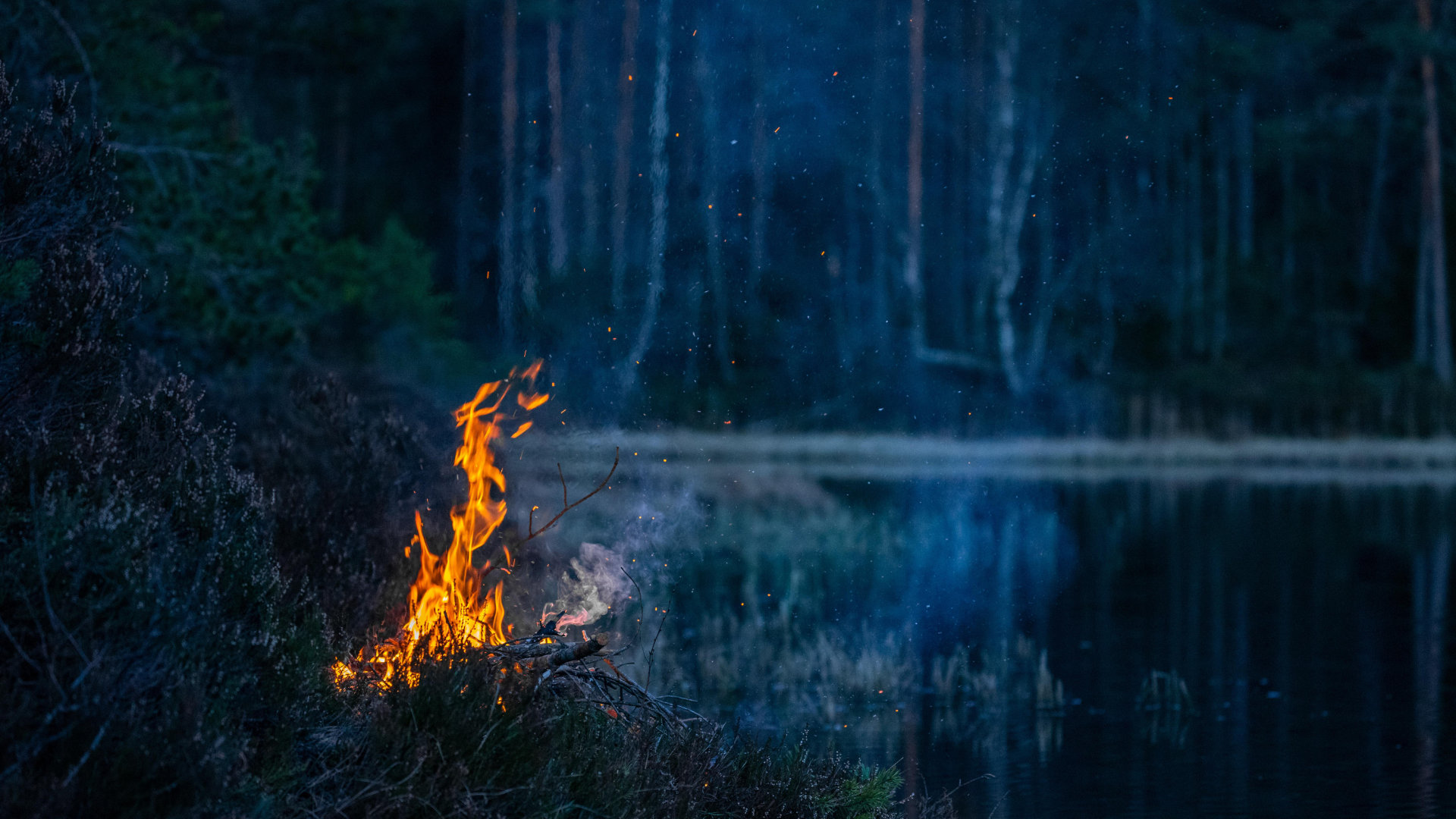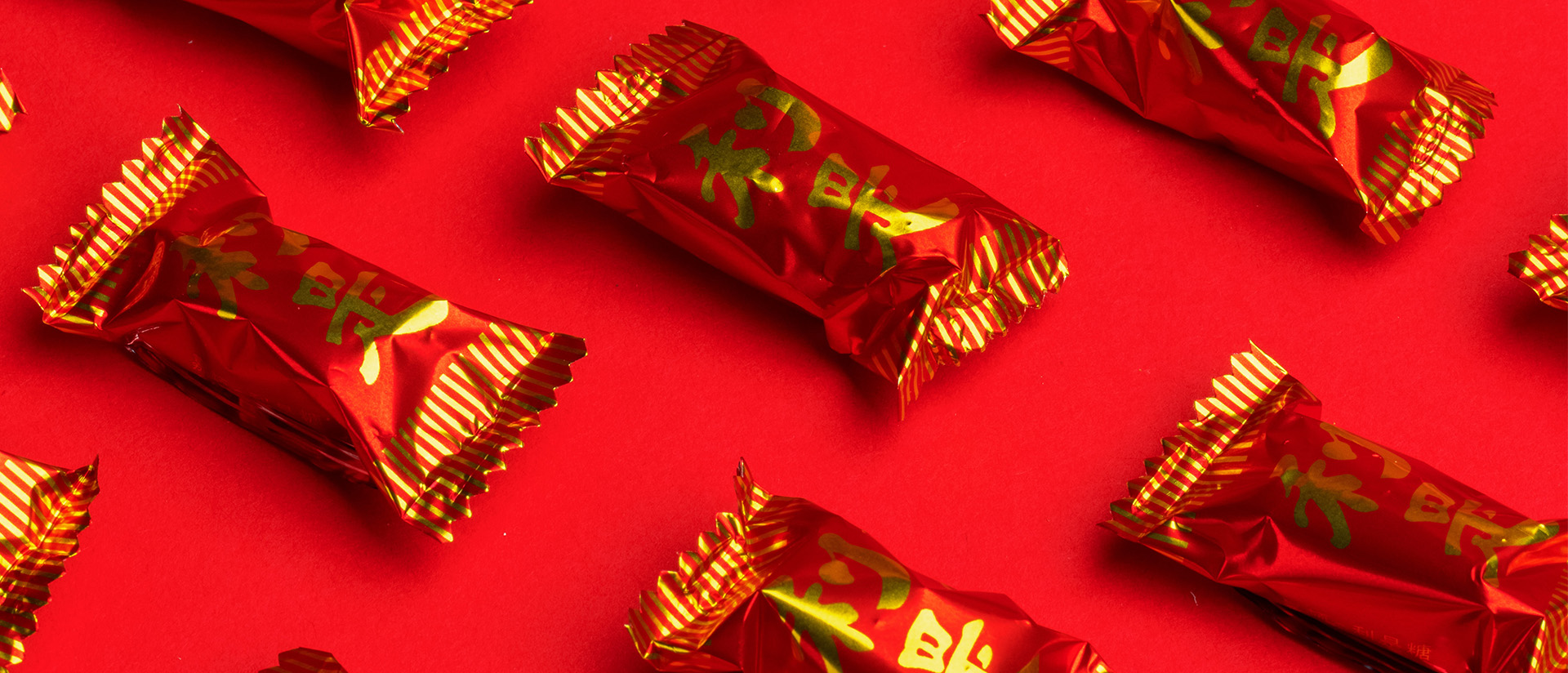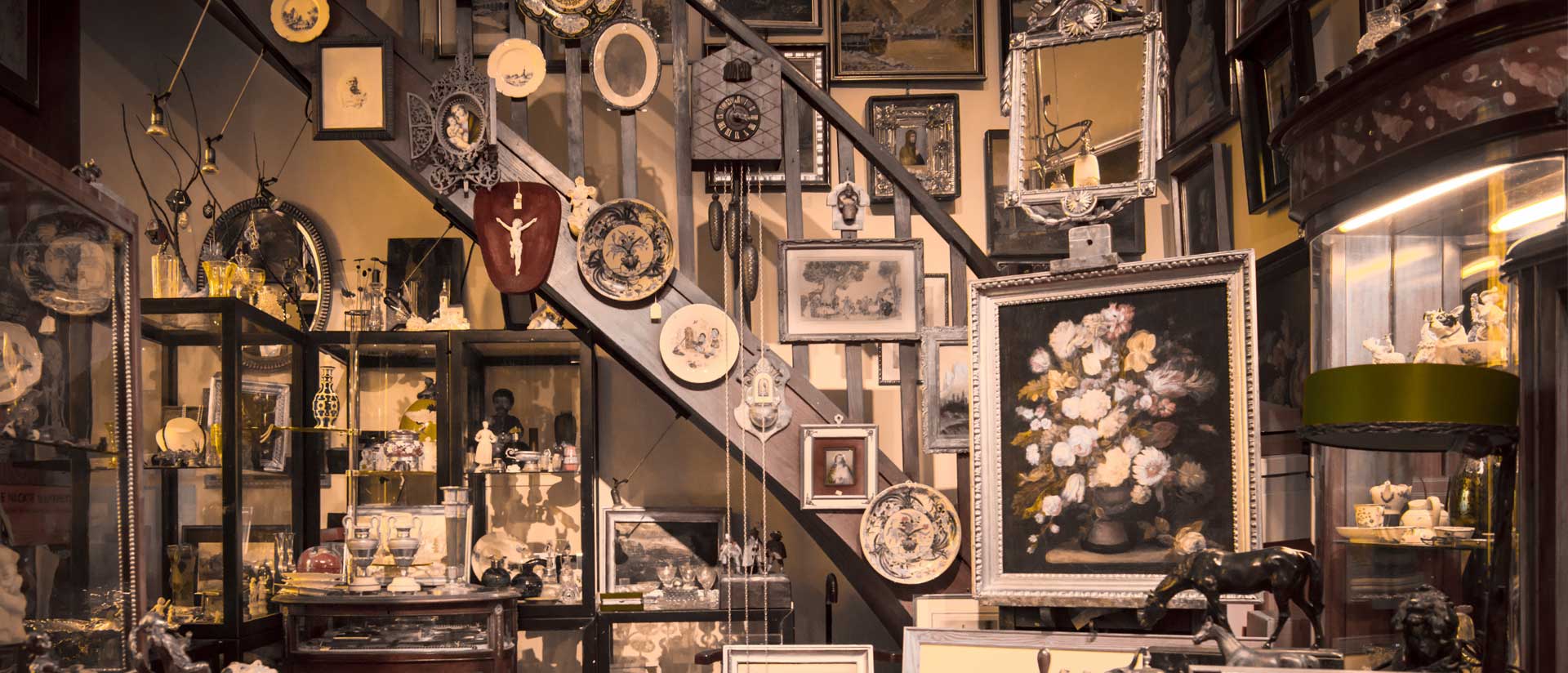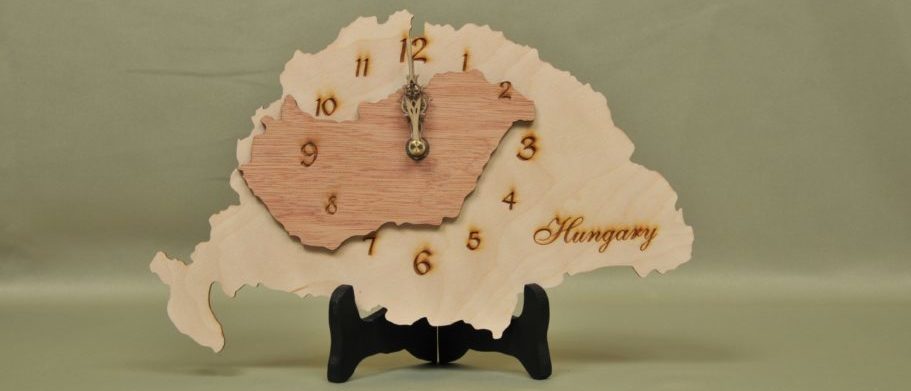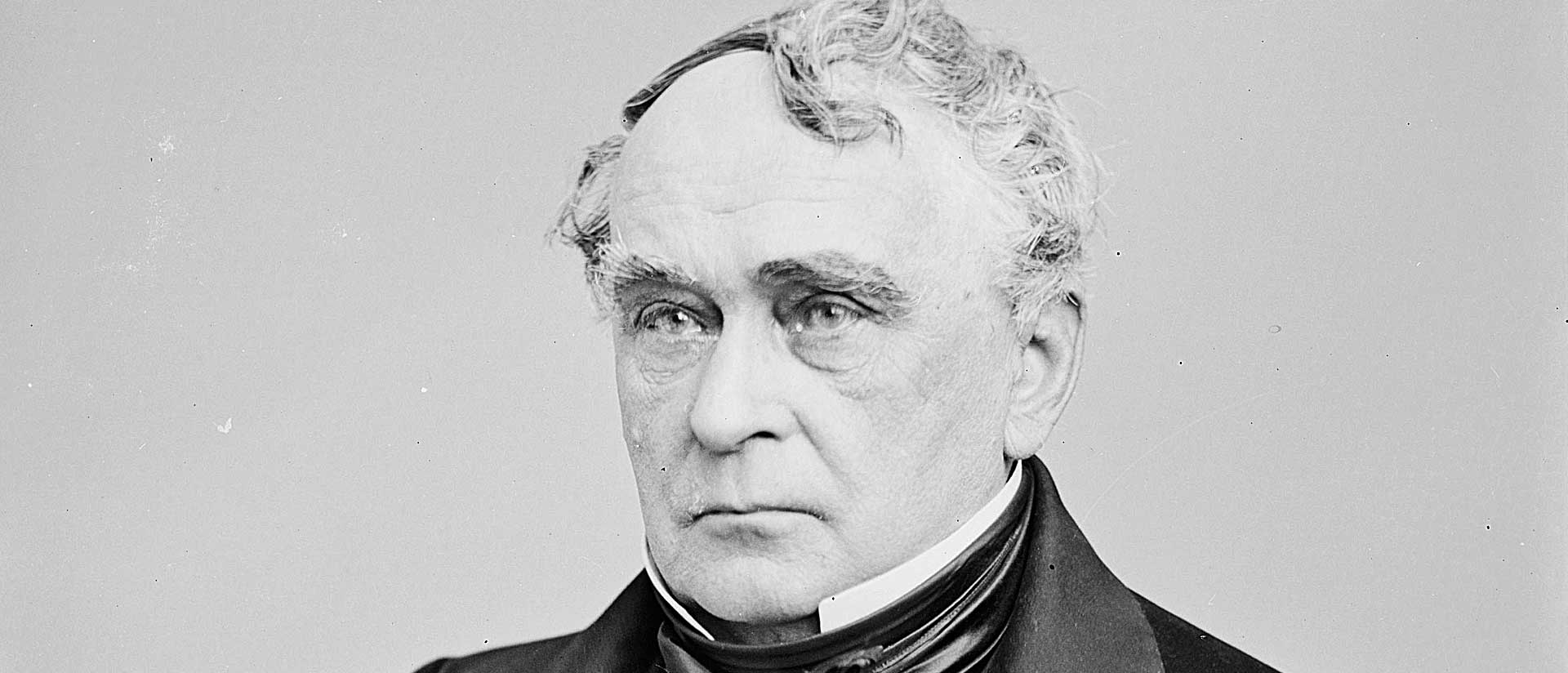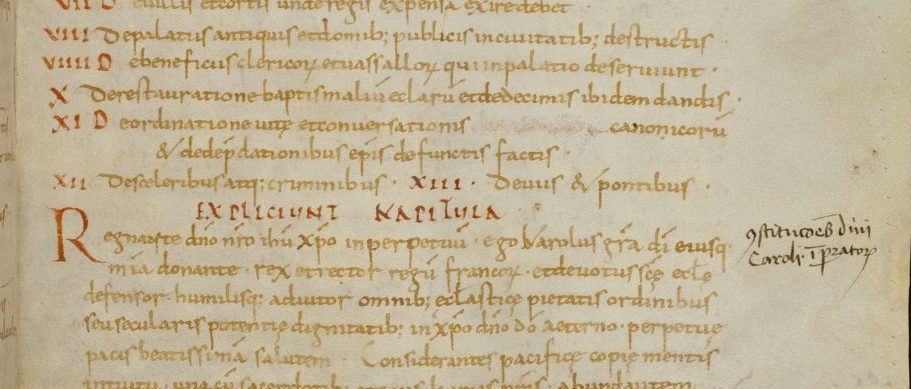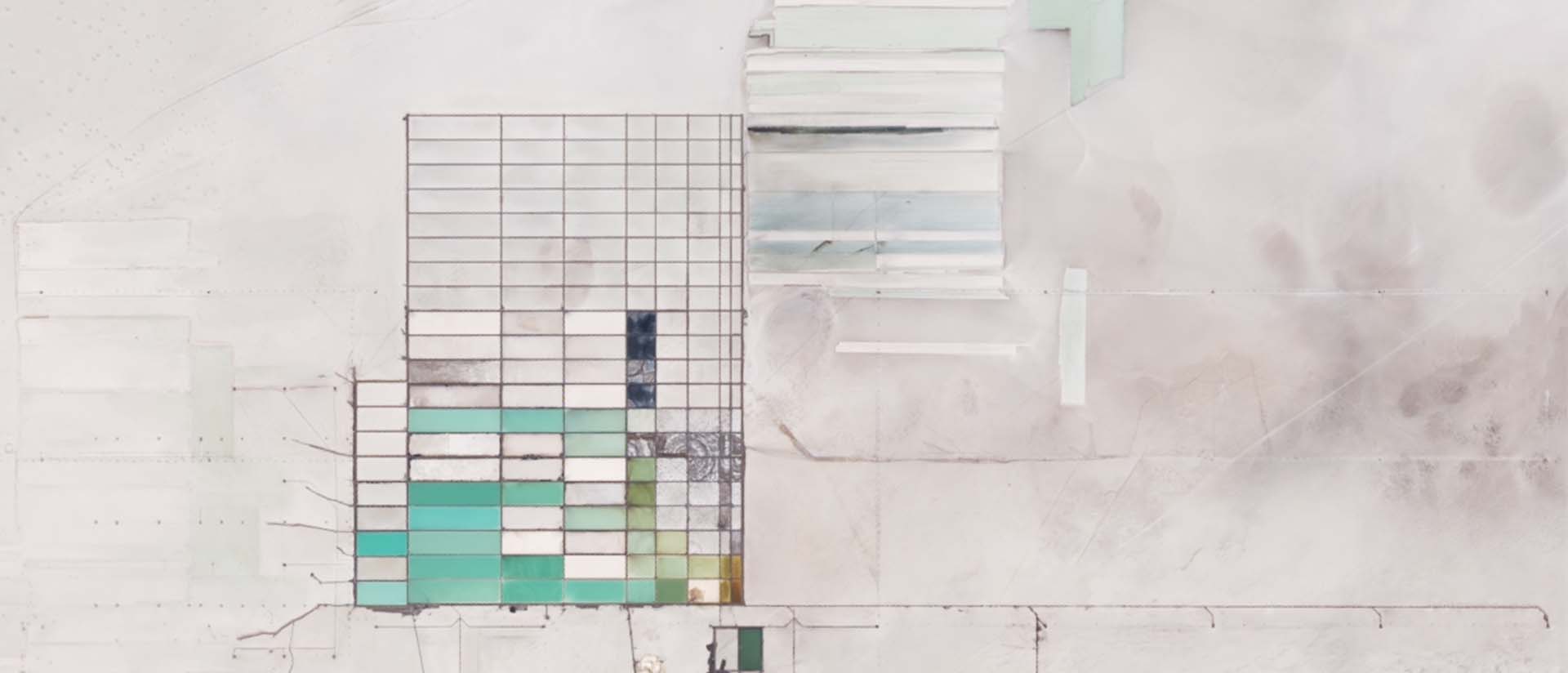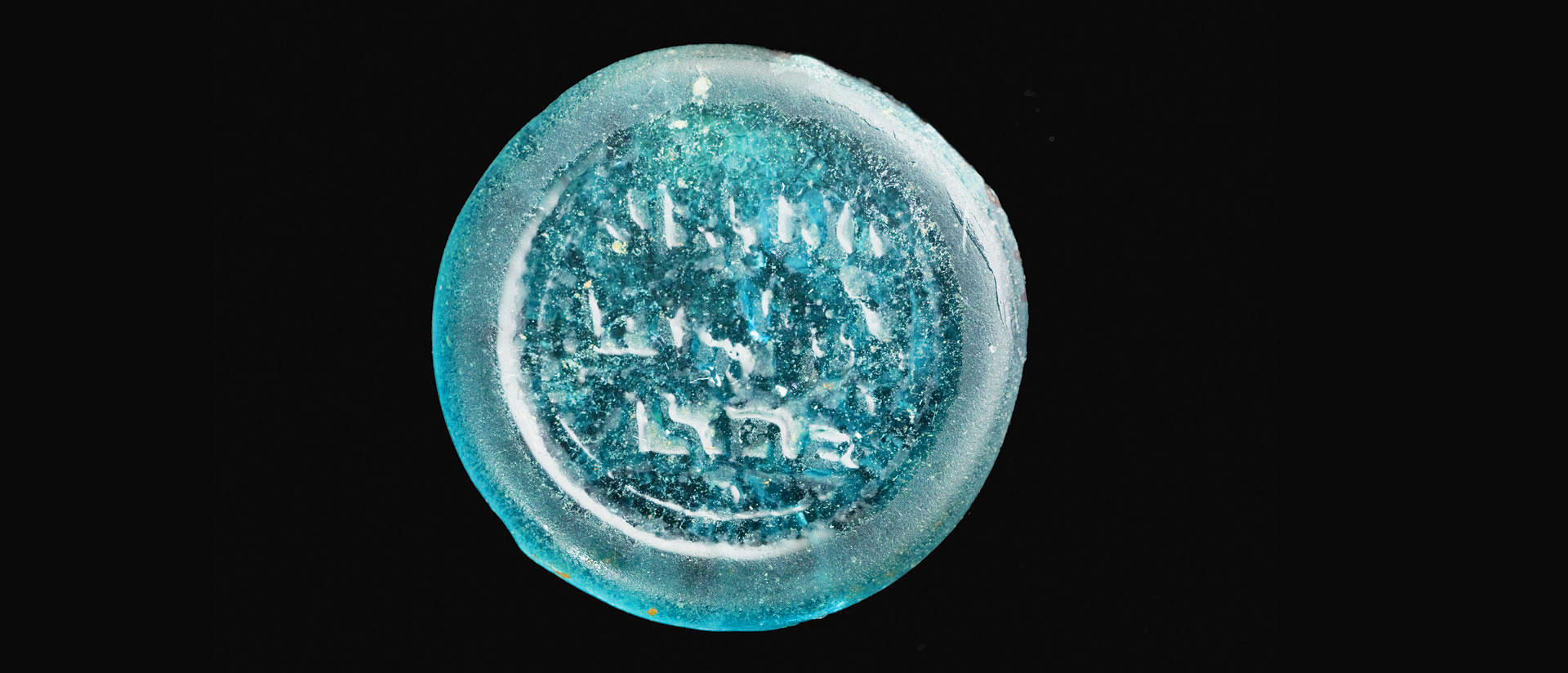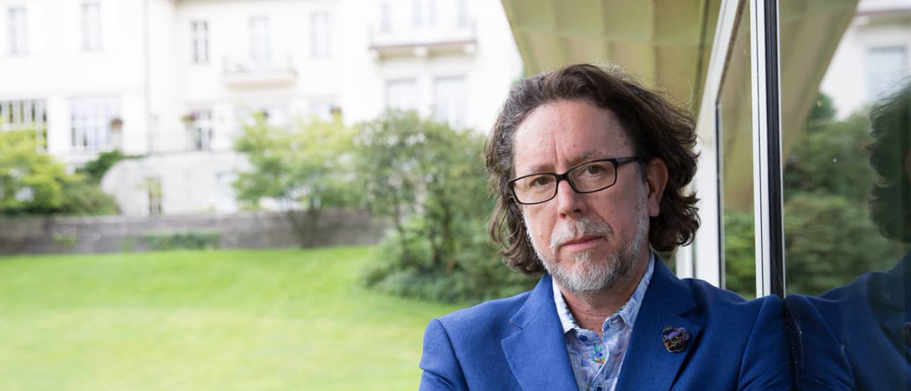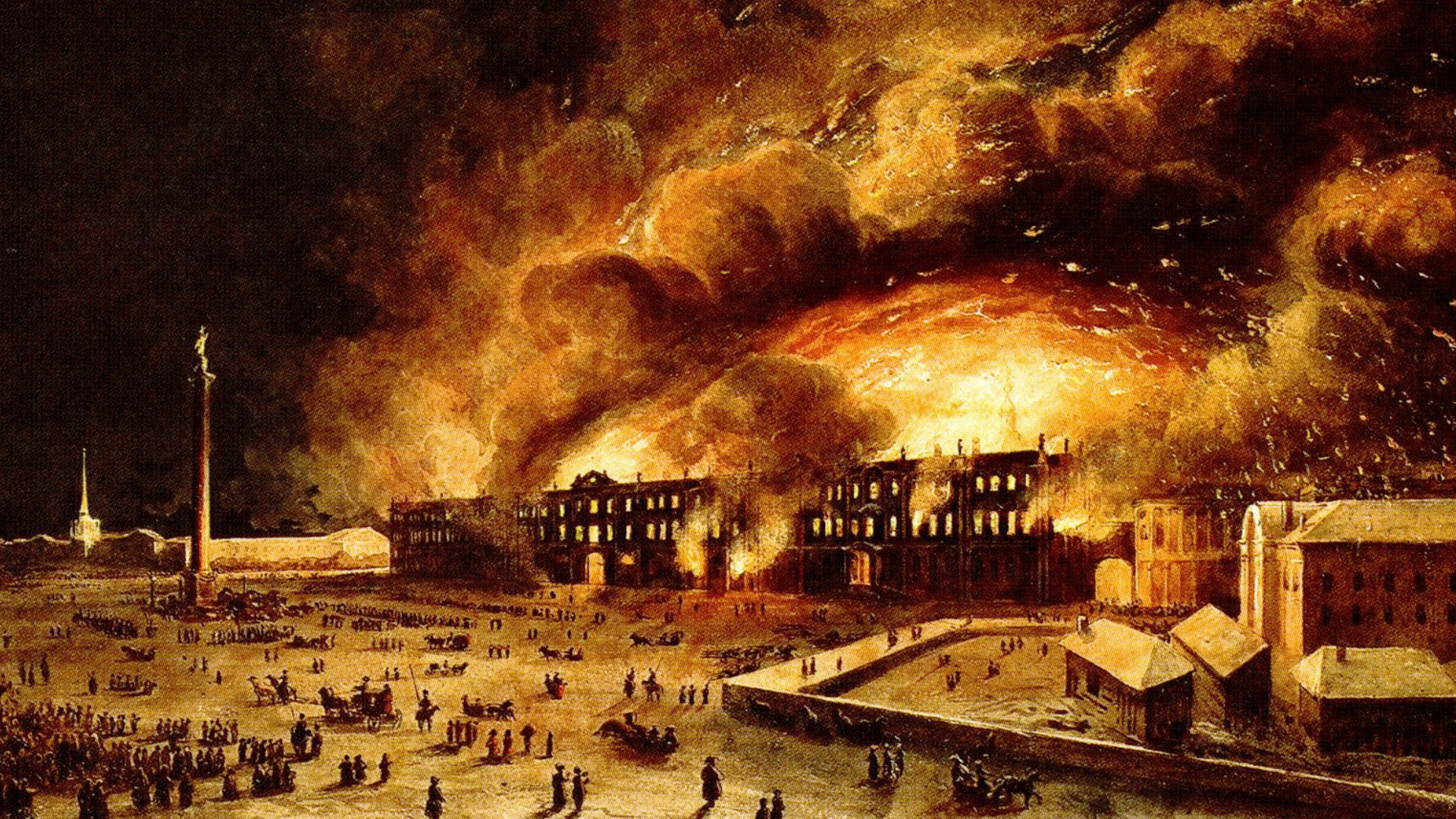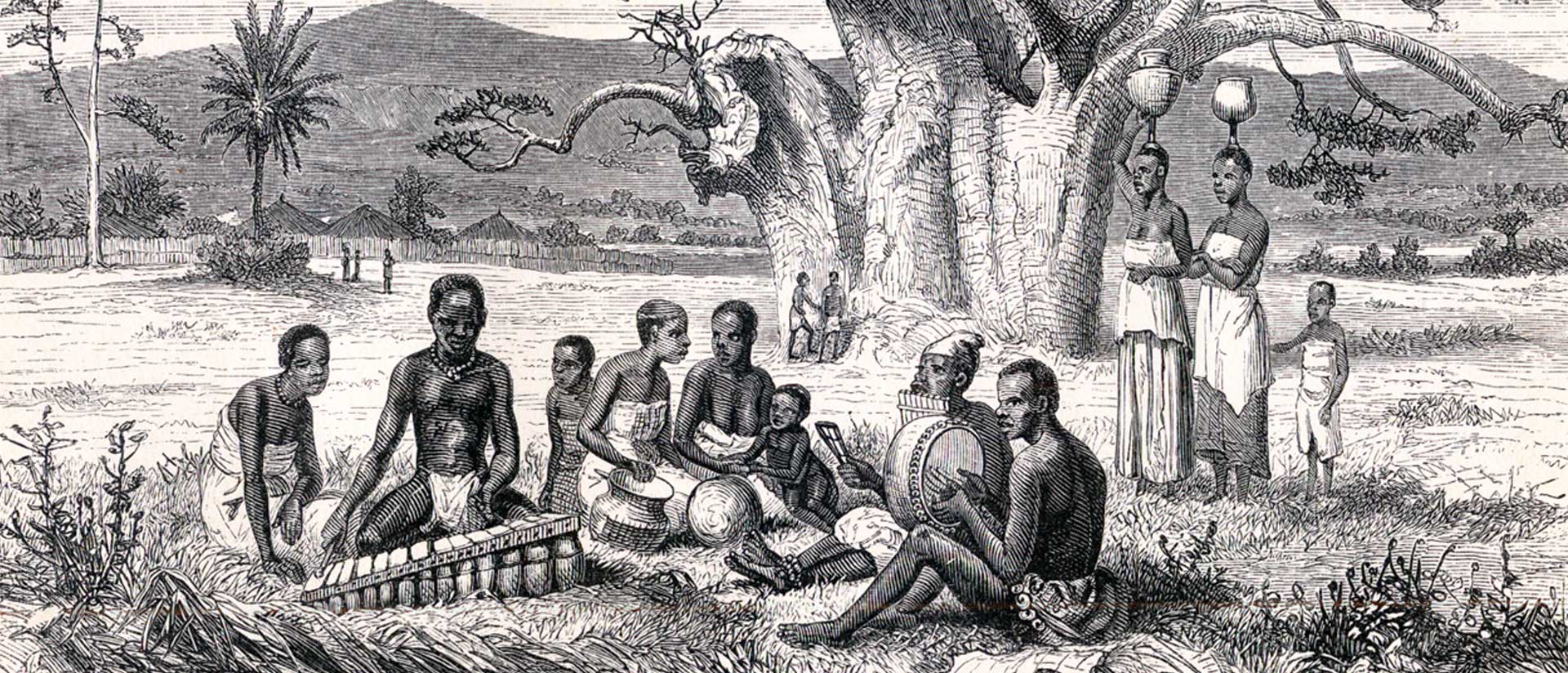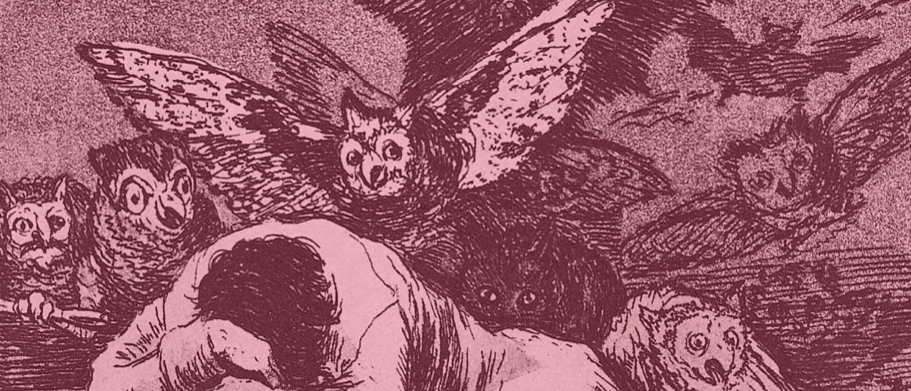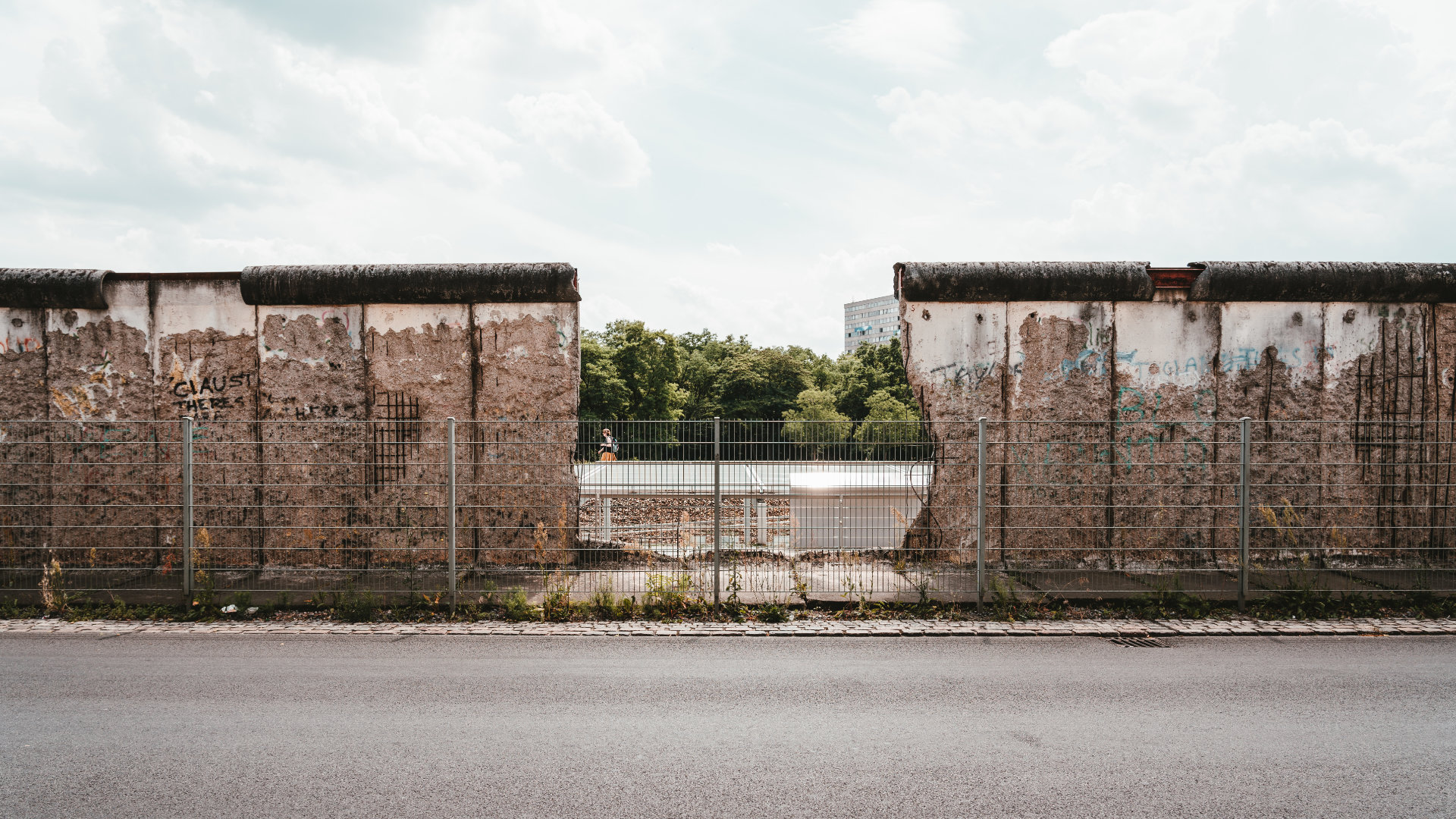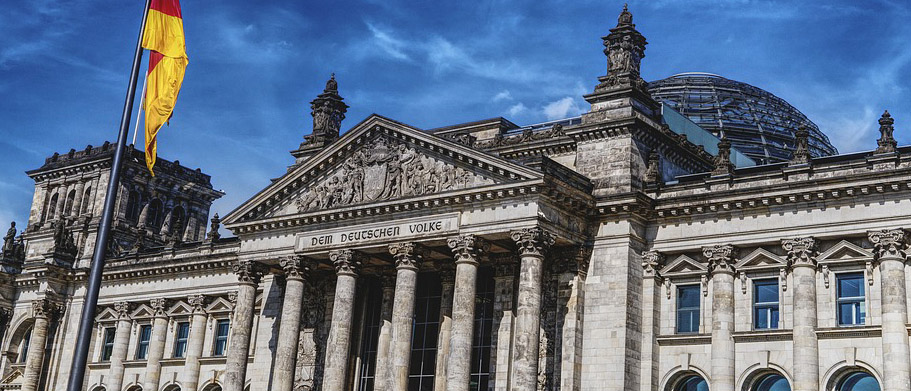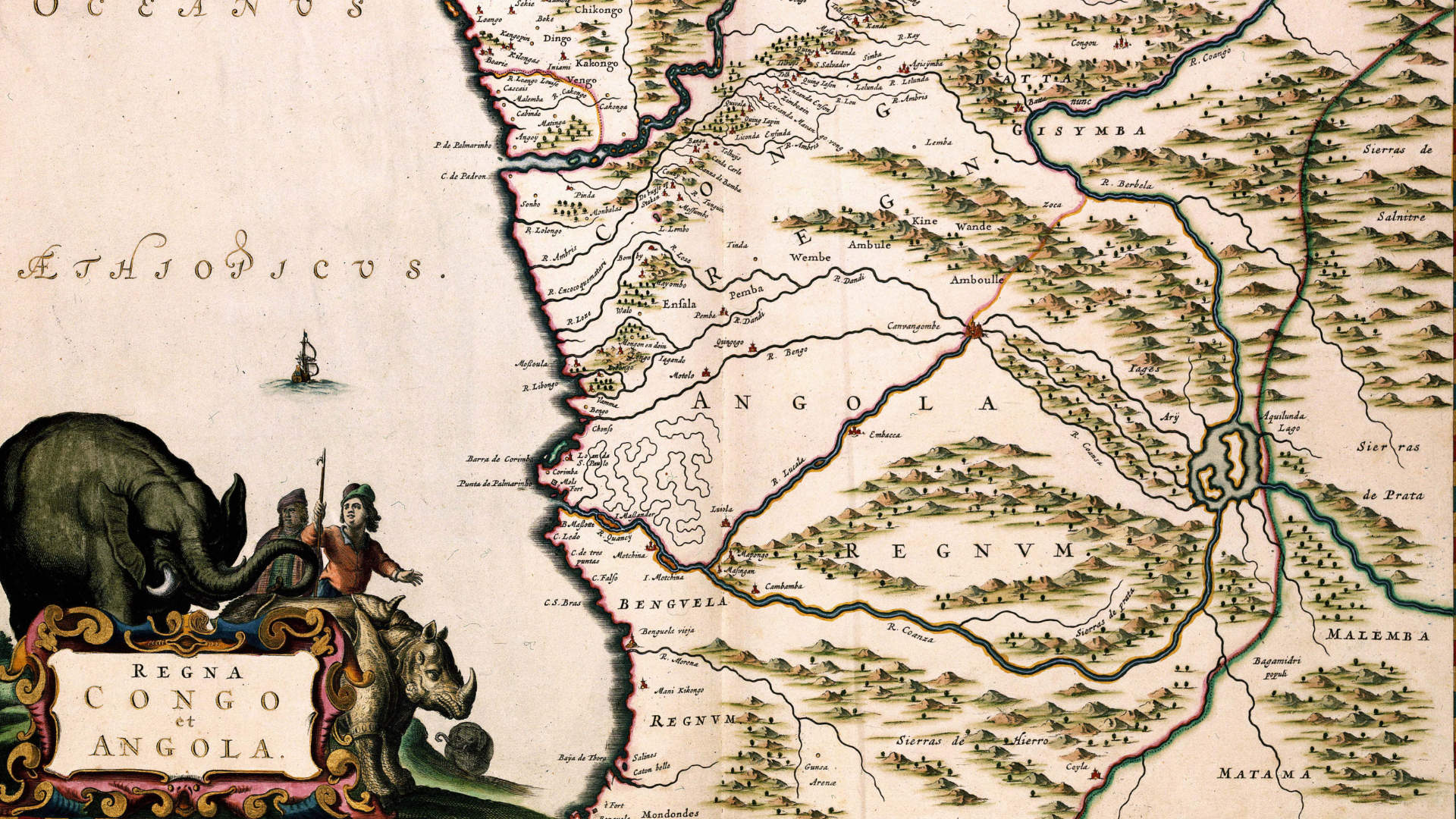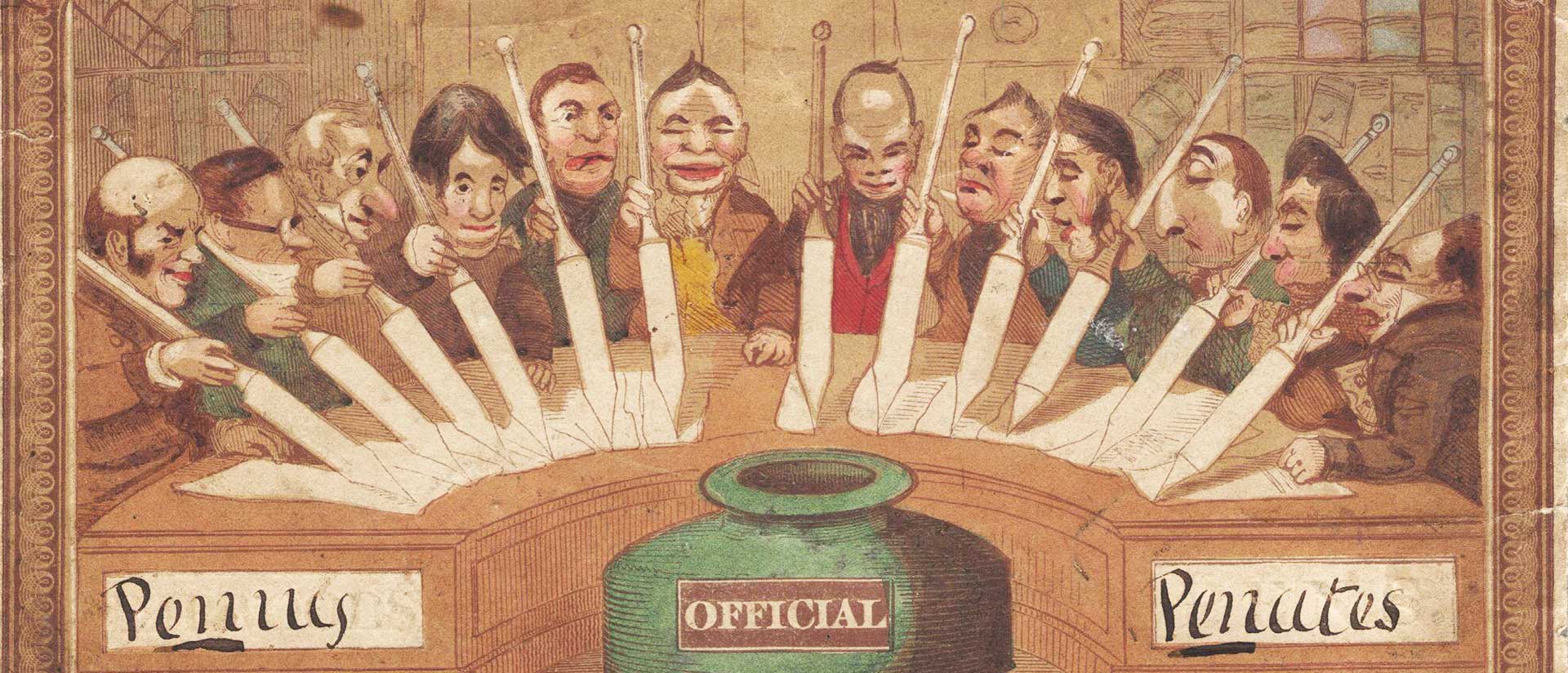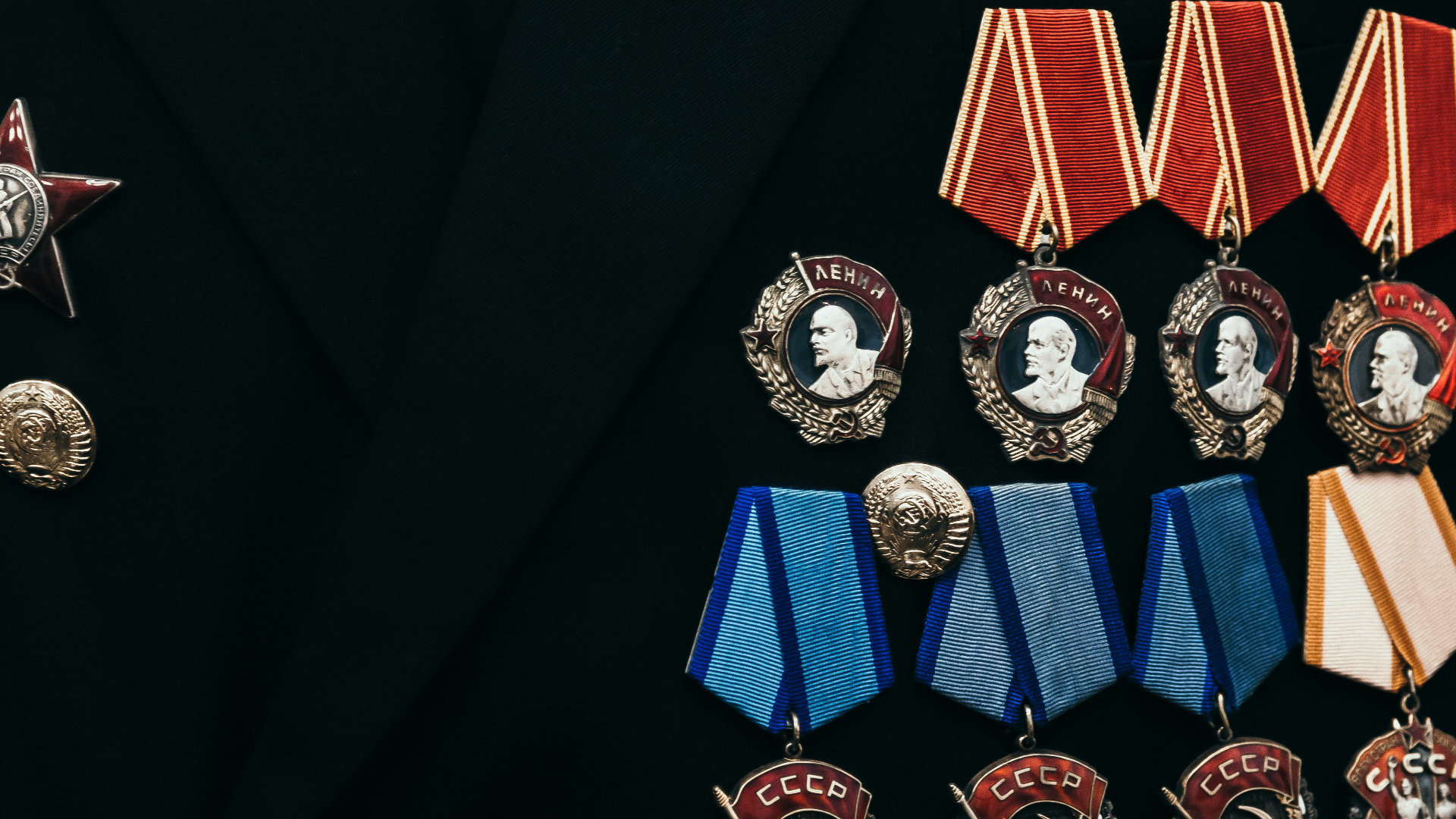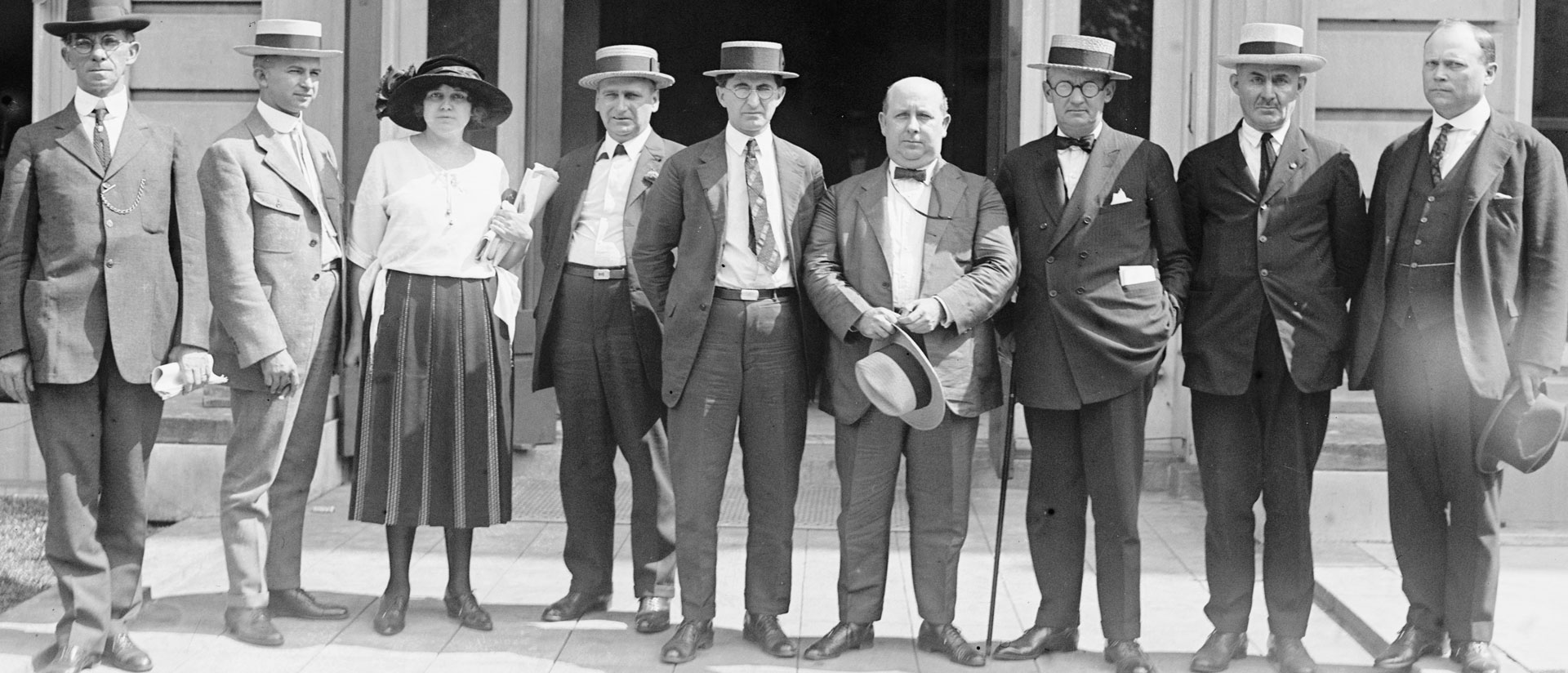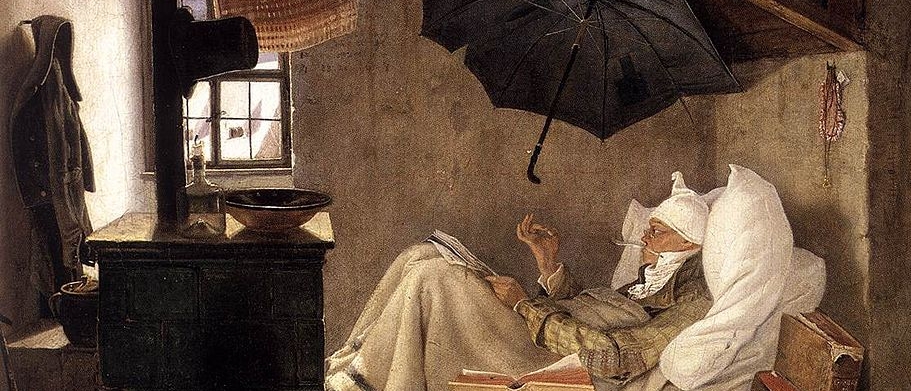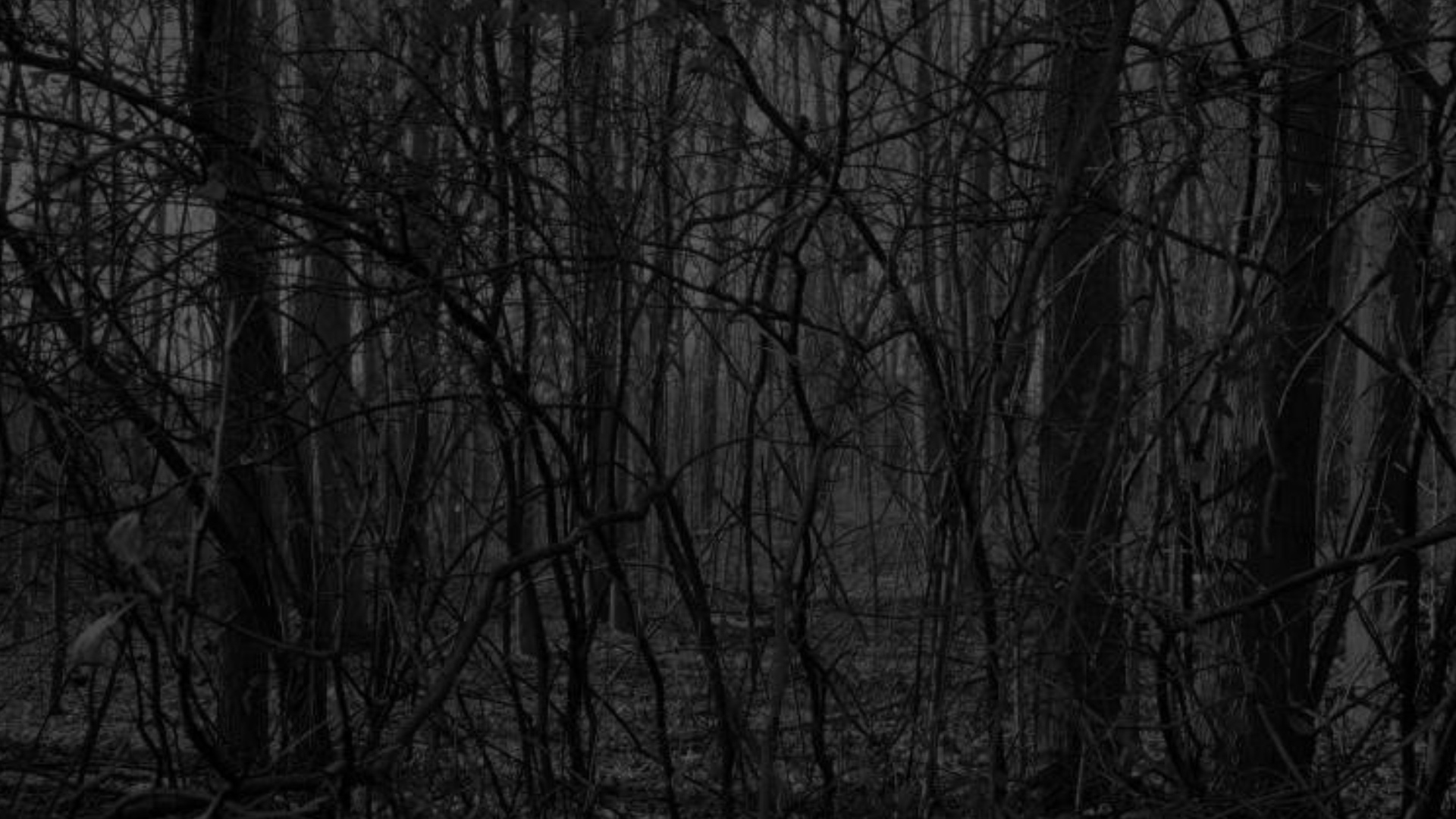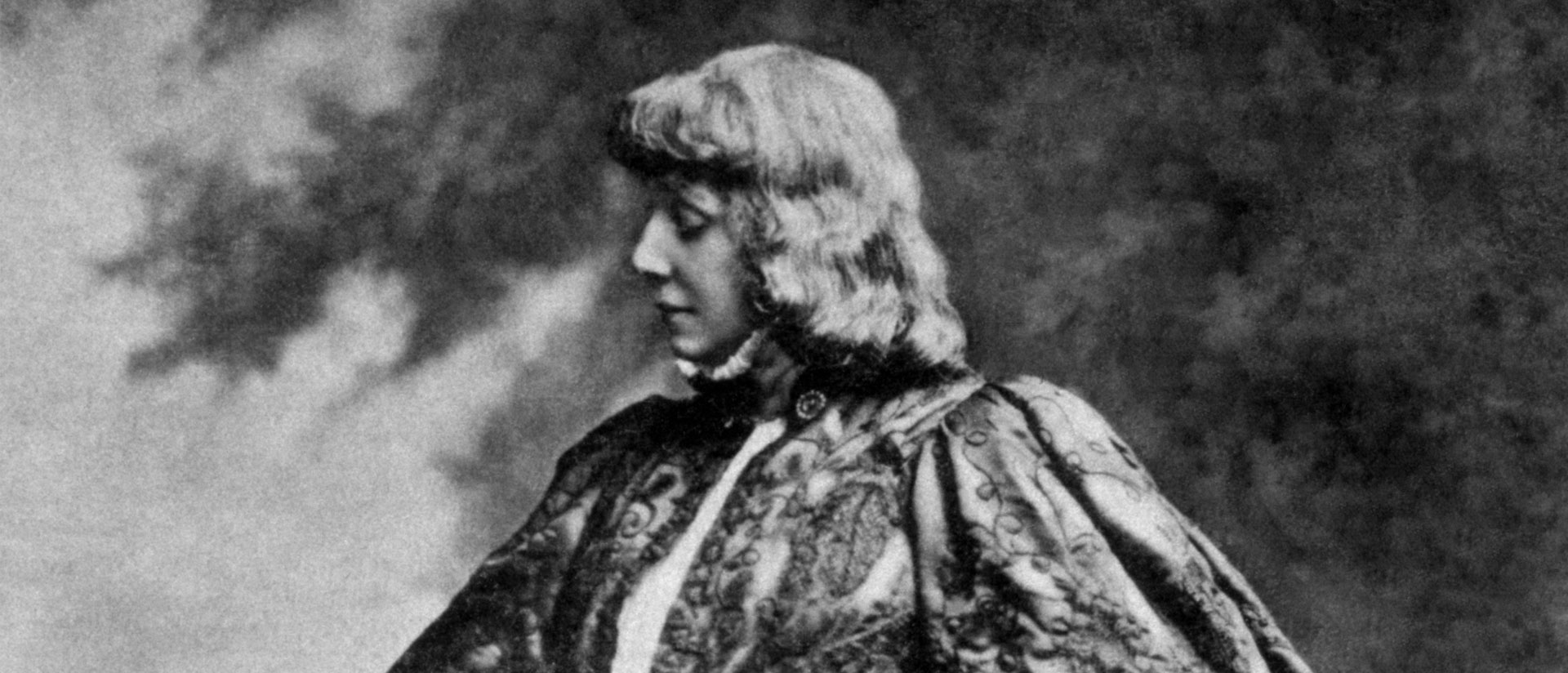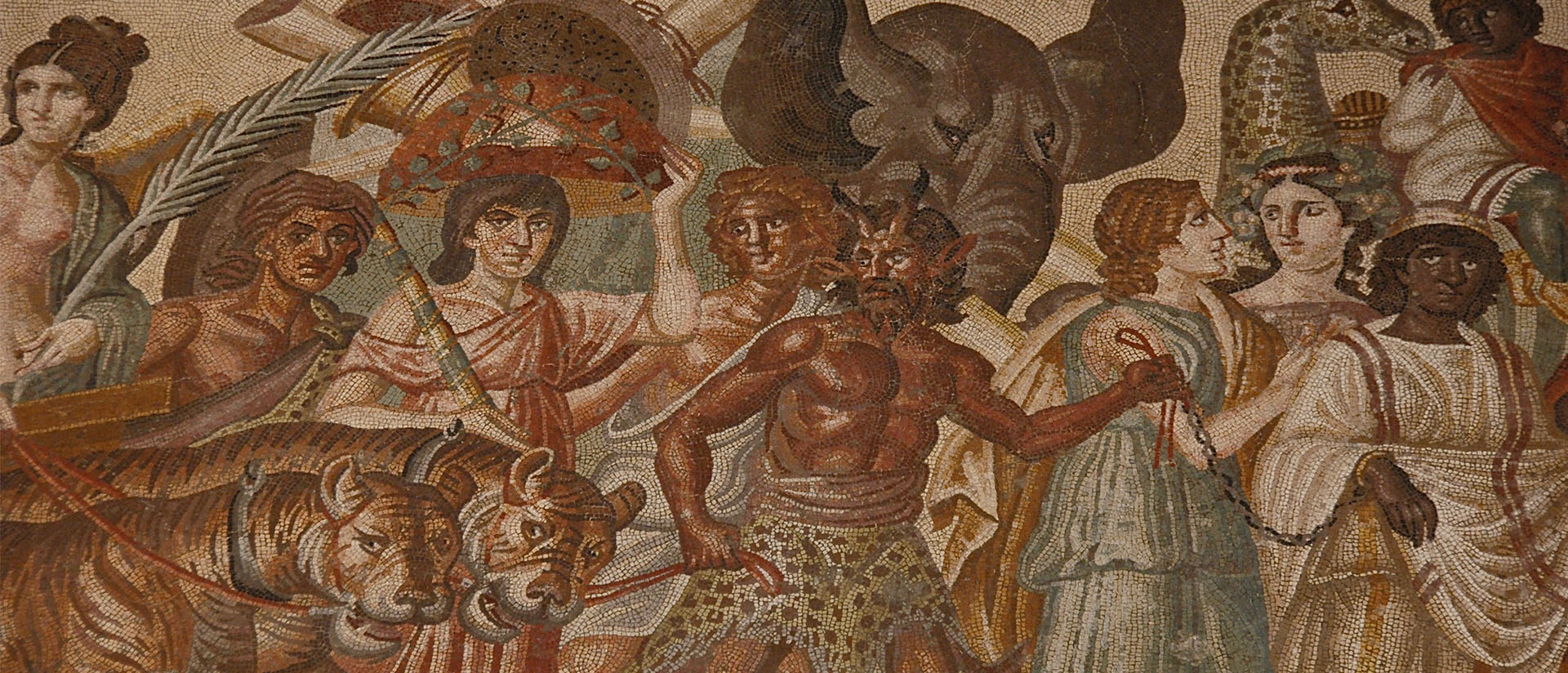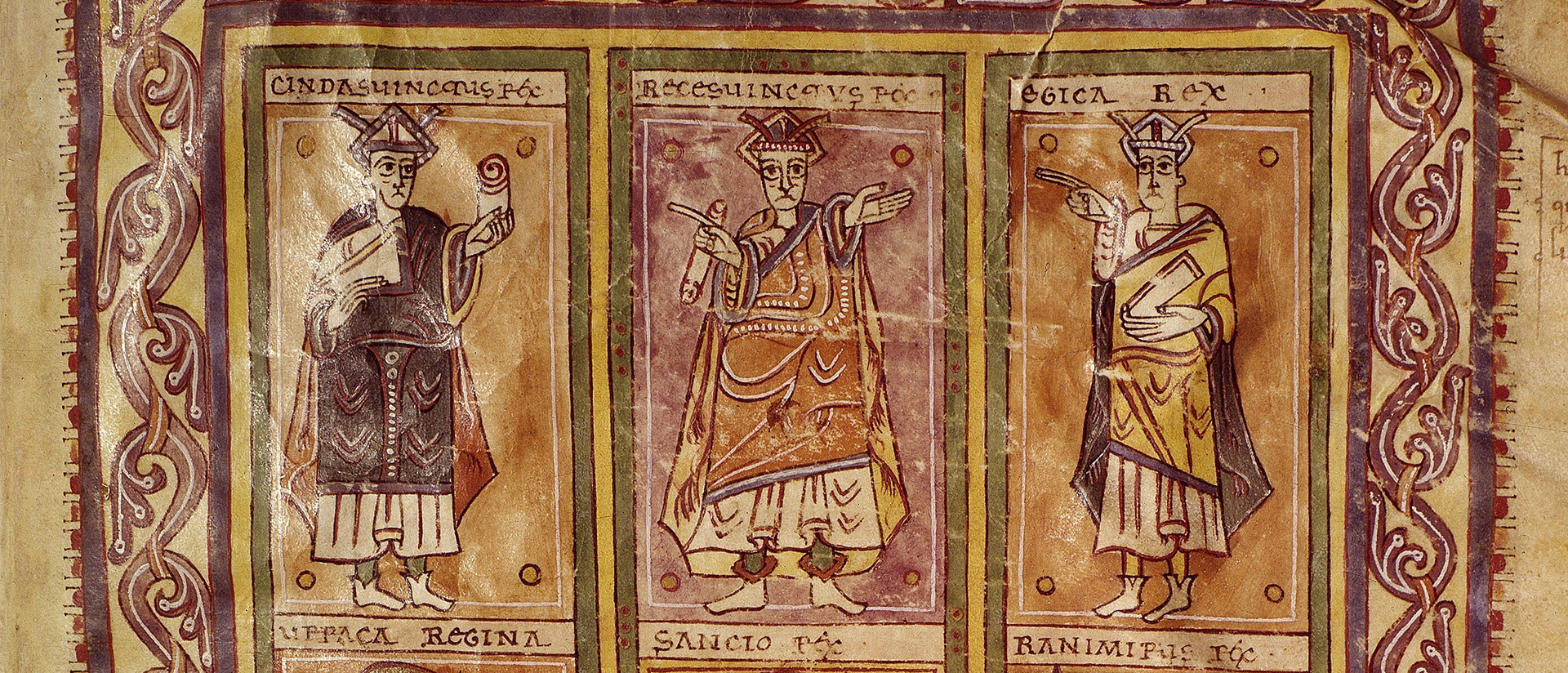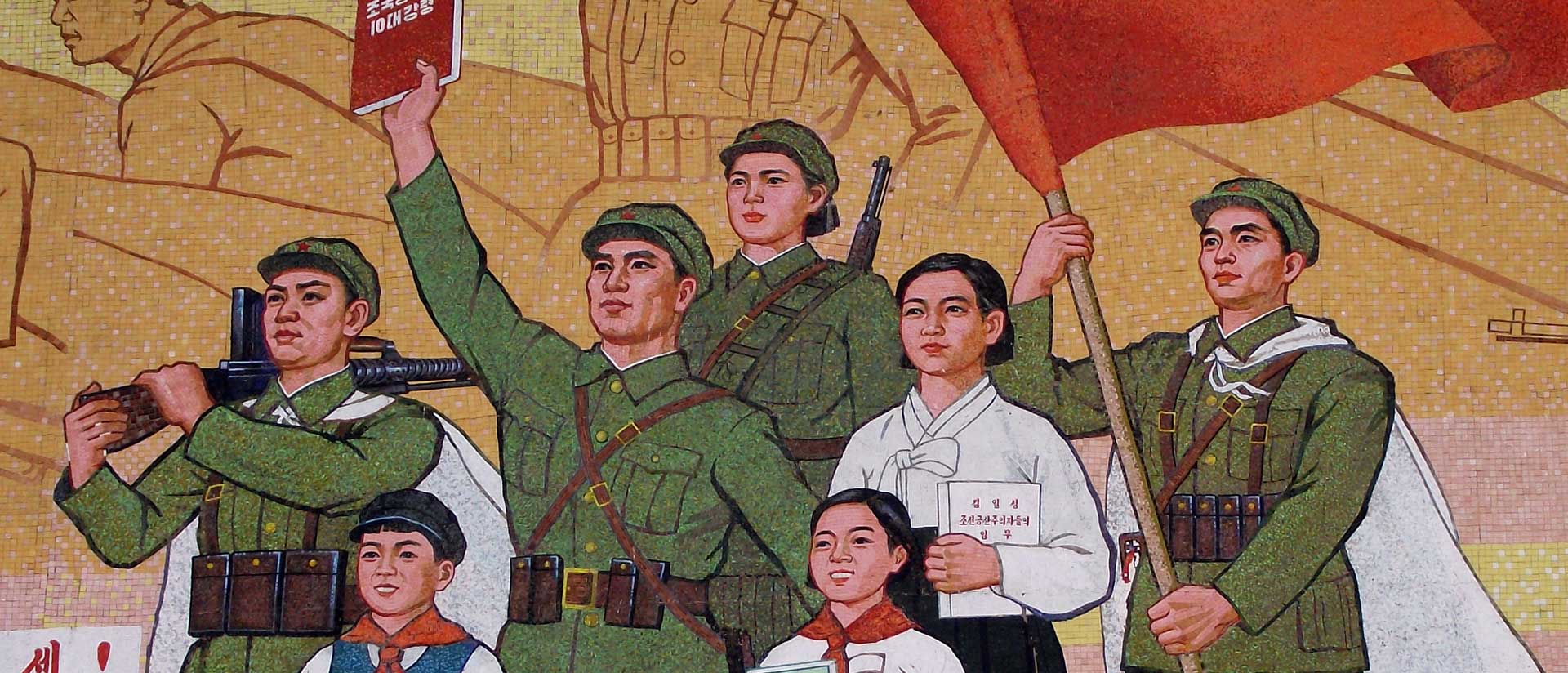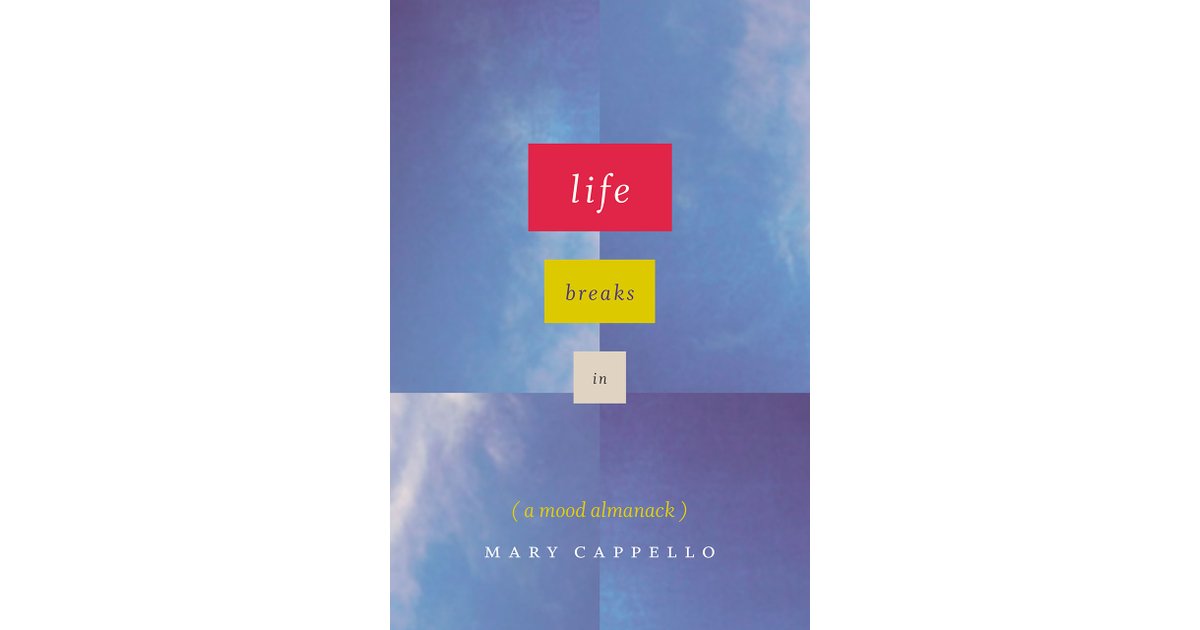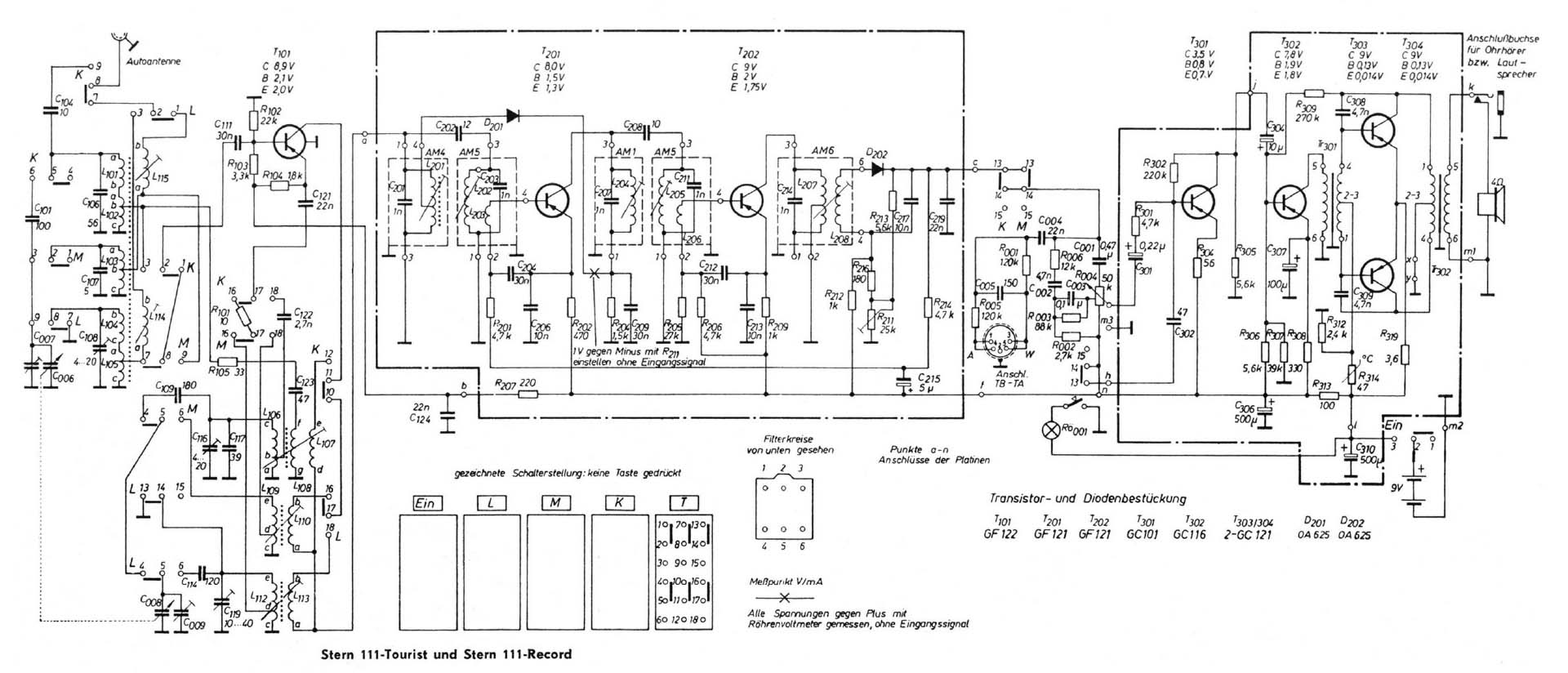
In the Shadow of the Wall
by Tess Lewis
Lutz Seiler’s second novel, Stern 111, takes its title from an iconic East German transistor radio, a device that awakened the protagonist Carl Bischoff to the world when he was a child and was at the heart of one of his small family’s few rituals. The image of this portable radio captures the contrary energies that animate Seiler’s highly autobiographical work—the centrifugal force of historical upheaval and the centripetal force of introspection and artistic self-definition.
An expansive portrait of a poet as a young man, Stern 111 captures the brief season of utopian anarchy in Berlin immediately following the collapse of the GDR. Awarded the 2020 Leipzig Book Prize, the novel evokes the heady atmosphere of hope and disorientation, of revolutionary idealism and opportunism that filled the former capital in 1990. Seiler conveys the sense of liberation and possibility felt both by the East Germans who left for the West and by those who stayed behind, yet he resists sentimentalizing the experiences of either group. The result is a dispassionate study of political romanticism in a time of upheaval and the suffering it inevitably entails but often disregards.
In the three decades since the fall of the Berlin Wall, the capacious genre of the Wenderoman—novels dealing with the collapse of the GDR and the aftermath—has become firmly established in contemporary German literature. Seiler’s latest addition to this genre is unusual in that it narrows a broader historical view to an intent focus on the personal. By interweaving the éducation sentimental and the political awakening of the aspiring poet Carl Bischoff, Seiler has created an engaging hybrid Wenderoman and Bildungsroman. A parallel narrative strand follows Carl’s parents’ belated flight over the disintegrating border in pursuit of a dream they had harbored since 1961. Inge and Walter Bischoff undergo awakenings and disillusionments of their own, suffering the prejudice and suspicion of their new countrymen against refugees from the East and the realities behind the American Dream.
One of Germany’s most prominent poets, Seiler established himself as major novelist with his 2014 debut, Kruso. That novel, set in the summer of 1989 on the Baltic island of Hiddensee, mirrors the downfall of the GDR through the dissolution of a group of outcasts and idealists making their various bids for freedom. A popular destination for dissidents, Hiddensee was not only an oasis of liberty, it was the launching point of a dangerous escape route for East Germans fleeing to Denmark. More than 5,600 East Germans attempted to cross the 40-kilometer channel between 1961 and 1989, but fewer than a thousand made it. Focused on this small cosmos, Kruso records the real human cost of utopian dreams.
Seiler’s second novel, Stern 111, forms a diptych with Kruso, portraying the East Berlin underground bar and squatter scenes in the months between the fall of the Wall and reunification, a time that seemed filled with opportunities to establish social and economic systems other than real socialism or capitalism. “The whole world is being redistributed these days,” the hapless Carl is told when he washes up in Berlin after his parents abruptly leave for the West. He is taken in by a group of dissidents, punks, artists, and revolutionaries gathered around Hoffi, a charismatic, messianic leader nicknamed The Shepherd because he not only guards his flock of misfits but also his pet goat Dodo, the group’s mascot and source of milk. This group—Carl’s “pack,” part cult, part band of urban guerillas—are united in following Hoffi’s principle that “each and every one is equal and equally worthy, although in the current situation, workers must receive special attention.” Their mission is to “sabotage the breeding ground of capital through immediate redistribution” by occupying hundreds of abandoned buildings—in their words “making them livable”—a mission they finance by stealing tools and material from West German construction sites, running unlicensed bars, and selling bits of the Wall, both real and counterfeit, to tourists and foreign speculators. Carl, a trained mason, soon becomes an essential member of the pack and helps them build their figurative and literal bulwarks against the looming capitalist takeover.
Seiler’s second novel, Stern 111, portrays the East Berlin underground bar and squatter scenes in the months between the fall of the Wall and reunification, a time that seemed filled with opportunities to establish social and economic systems other than real socialism or capitalism.
At heart a loner, Carl gradually distances himself from them in order to pursue his dream of becoming a poet. He watches from the periphery as the tight-knit group begins to fray when jealousies, ambitions, and appetites take their toll. His personal liberation from expectations, from dominant ideologies and groupthink, and from self-doubt is hard-won. Stern 111 is the chronicle of an individual establishing a foothold in a time of upheaval and negotiating the pull of and disenchantment with new perspectives and ideologies. “It was as if the world had fallen into an extremely sensitive, uncertain state,” Carl muses, “as if you were only just beginning to exist.”
The novel’s primary setting is the Prenzlauer Berg and Kollwitzkiez districts and the topography of East Berlin—the hastily abandoned apartments, the overgrown craters left by Allied bombs, makeshift bars and restaurants established in derelict storefronts—forms a crucial backdrop to the political atmosphere engendered there in the winter of 1990. Indeed, one of Star 111’s central themes is the transformation of the Berlin-Mitte cityscape and the way history is preserved or erased in private and public spaces.
The following excerpt chronicles aspiring poet Carl Bischoff’s arrival in Berlin, where he sleeps in his car and earns enough to eat by driving the Zhiguli his father had left in his care as an unlicensed taxi. Alone, disoriented, and utterly unsophisticated, he wanders the streets of Berlin with lines from Elke Erb’s poems rattling in his head.
A man stepped out onto the street heading toward the city center and raised his arm. It was three o’clock in the morning. Without a word of thanks, he got in the car and leaned back in the seat. They drove for a time without engaging in conversation. “Stop just up ahead,” the man ordered and stuck a bill rolled into a cylinder the size of a cigarette between the heating vent louvers on the dashboard. Carl had heard about gypsy cabs, but never imagined it would be so easy.
Just before Alexanderplatz, he turned onto a street that seemed suitable at first glance. It was called Linienstraße. Only two streetlamps were working in the first hundred meters, and Carl parked the Zhiguli somewhere in the twilight between them.
The neighborhood was filled with three-story housing blocks from the 1950s, maybe even from the thirties. With their dirty limestone cement exteriors, they were ugly but at the same time familiar and trustworthy. Pigeons flew in and out of the semicircular dormers, also not a bad sign. But, most importantly, this neighborhood was quiet; it was downright silent even though it was right in the center of the city. Only at the last moment, already half-asleep, did Carl notice the disturbing noises—laughter, shouting, and desperate screams that reached him from some nightmare.
In the first days, Carl made a few small rounds. He explored Berlin, but always returned to Linienstraße to sleep. He drove to Kastanienallee, which until now he had only known as the title of a book of poems, and he walked around aimlessly for a while. Carl was on an expedition. He could feel his heartbeat. Somewhere here, behind these façades, those good poems had been written and published in newspapers with titles like “Liane” or “Mikado.” Searching for their particular essence, Carl scrutinized the people on Kastanienallee and—even though it made him look foolish—he was respectful. In fact, he spotted more than a few who had that look of absolute necessity in their eyes that could make a writer; and one or another of them already seemed deeply immersed in his or her solitary “I must,” Rilke’s dictum, which Carl, too, had followed ever since he’d come upon a volume of the Letters to a Young Poet. At the same time, Carl had the feeling on this street of being in a preserve, a district that was not easily accessible. In any case, he preferred to approach it carefully, to not rush anything. He heard the sound of his footsteps on the sidewalk’s granite paving stones and understood how odd it was (in light of what was happening to him just then) to maintain the idea of a proper sequence and this made him smile. “At four-thirty in the stairwell / of 30 Kastanienallee, there was a fleeting smell / of dead mice lost in thought.” Carl knew the smell, dead and lost in thought—these were the first lines of Kastanienallee, not a bad beginning for a volume of poetry.
Carl was on an expedition. He could feel his heartbeat. Somewhere here, behind these façades, those good poems had been written and published in newspapers with titles like “Liane” or “Mikado.”
Every evening, just before six, Carl telephoned. For his calls to Gera, he used a post office on Kollwitzplatz he had noticed on one of his forays through the streets of the good poems. For long-distance calls, it had a narrow wooden cubicle with a tiny window in the door through which you could see the counters. Every time he called Mrs. Bethmann, she had a kind word ready for him:
“Your parents’ letters are surely being held temporarily somewhere, in some postal warehouse or other at the border. That certainly wouldn’t be surprising, Carl, in all the chaos.”
“Yes, of course. Thank you, Mrs. Bethmann.” He took a deep breath and pressed the receiver to his ear.
“Where are you now, Carl?”
Her voice sounded like it was coming from the middle of a snowstorm, from somewhere, in any case, that seemed much farther away than Gera. Carl was not used to telephoning (to talking into a machine). It annoyed him. Ultimately, you didn’t know if the other person truly existed.
“Carl?”
Now and then, he drove as a taxi. Either it worked out on its own or it was enough to drive slowly through the streets and, with his head angled slightly, to look at the passersby on the sidewalk with some interest. His vague intention to earn some money as quickly as possible had soon taken shape. Gas cost 2.50 marks a liter, and his reserves (the 500 marks from his parents) would be used up in a few weeks even if he were frugal.
The Wilhelm-Pieck-Straße that ran parallel to Linienstraße (its quiet backstreet) proved fruitful. This was particularly true on nights Jojo was open. Jojo was in the lowest floor of a recently constructed building, covered with brick-red tiles with two aluminum-framed windows, neon lights, and a disco ball. Only once had Carl pushed his way through the sticky, completely packed rooms and made it to the bar that stood behind a glass wall plastered with billboards. These billboards didn’t advertise bands, just DJs with names like Trent, Heretsch, or Pichground. They didn’t serve beer, only wine and mixed drinks. The woman at the bar wore a dove-gray top covered with small zippers. “Ice?” For a moment, Carl had no idea what she meant. He was not at all used to being offered the option of ice cubes in his drink. In honor of Hemingway he drank something called Cuba Libre, Club-Cola with Wilthener Goldkrone brandy—he recognized the label in the dim light. Almost everything was mixed with Club-Cola and there were bouncers everywhere, at the bar, at the entry, even on the dance floor. Club-Cola, order, and baby faces: they wore their hair above their foreheads cut short and straight, long in the back, and the outline of giant combs protruded from the pockets of their marbled jeans—it was all detestable. Right behind Carl, a 15-, maybe 16-year-old girl was dancing. She spun around and looked at him, her arms (wings) raised helplessly, her eyes half-closed. “She’s like the wind.”
In honor of Hemingway he drank something called Cuba Libre, Club-Cola with Wilthener Goldkrone brandy—he recognized the label in the dim light.
Carl felt old and dirty in Jojo and he was sweating because he didn’t want to take off his leather jacket. It wasn’t just that he was out of place there, it was more than that. For a moment, he had the sneaking suspicion that the world he belonged to had furtively disappeared and he was one of the remnants, a rotting piece of driftwood on the great, broad stream of the new age.
In the morning, Carl aired out his car. He carefully rolled up his faded cotton sleeping bag, wiped clear the fogged-up windshield, and put the seat back upright.
“Piss off!” was written in the dirt on the rear window. The idea that someone was looking at his face at night while he was sleeping was unnerving. And didn’t people usually write “pig” or “wash me” instead? On top of that, did people usually leave a signature: “Milva”—who was that supposed to be? Carl briefly considered covering the car windows with towels (which he didn’t have) at night or taping up newspaper (which he could get ahold of), but not being able to see what was going on outside struck him as even eerier.
For the first time, it was completely clear to Carl that he didn’t know anyone in Berlin. He only knew a few poems that had been written here; nothing else had tipped the scales. Yes, to some extent he was imitating his parents’ self-imposed exile—as if that were also a way (the real way) to be a good son after he had, in defiance of all agreements, abandoned his post in the hinterland. Like his parents, he had no address in view; he left without a destination, just some fantasy in mind, which wasn’t a place to stay.
For breakfast, he walked to a bistro on Alexanderplatz where he could use the toilet to wash up and brush his teeth. The bistro was below the Presse Café, a meeting place for people who looked like they knew their destination.
The bistro was actually too expensive for him and there were hardly ever any other customers, but it was the first place Carl went to after he arrived in Berlin, so he remained loyal. He ordered scrambled eggs with brown bread, which the waiter toasted to rock-hard slices and Carl softened again with butter, marmalade, and eggs. He was served at the counter; he liked this at first (Carl saw in this a kind of worldliness) but later didn’t. This had to do with the waiter and his big-city arrogance. His eyes were full of disdain. He deplored the tousled hair that hung down past Carl’s shoulders; he deplored Carl’s unshaven, sleepy face, and everything else about him that was easily scorned: the motorcycle jacket, the unkempt fingernails, the toothpaste-flecked pouch with his toiletries, etc. Carl was sure the waiter was cheating him in some way or other. You too will hear of me some day, Carl thought. At some point he managed to take his plate and retreat to a seat at the window.
He took out his notebook but as soon as he opened it, he felt tired, and couldn’t think of a single thing to write. His last entry: “It will take your whole life, absolutely every moment from the day you were born. It wants to call the shots without revealing any more of itself—simply demonic!” What happened if it wanted you and you weren’t suited? An aberration, a false connection? Maybe at twenty-six he was already too old to seriously go about becoming a poet.
Carl awkwardly fished a ballpoint pen out of the hole-ridden lining of his motorcycle jacket and wrote:
12 DECEMBER
On the other side of the intersection lies Alexanderplatz. There is no greater desolation.
STERN 111 will be published in 2023. This excerpt is printed by permission of And Other Stories.

